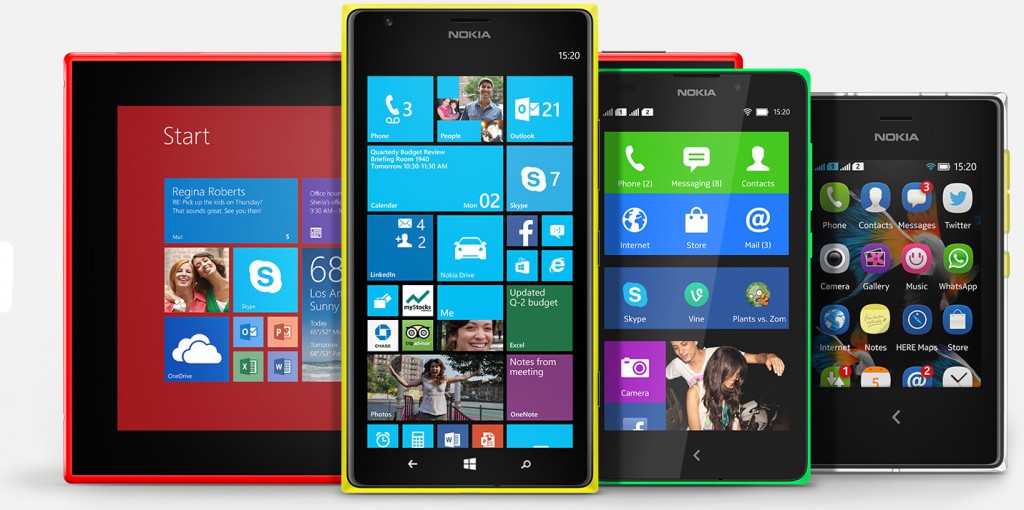Microsoft Corp. on Tuesday confirmed rumours that it plans to unify all of its operating systems for client personal computers. The move will help the company to cut its costs and offer similar user experience on different types of devices, including personal computers, tablets and smartphones.
“We will streamline the next version of Windows from three operating systems into one single converged operating system for screens of all sizes,” said Satya Nadella, chief executive officer of Microsoft, during a conference call with financial analysts and investors.
At present Microsoft offers Windows 8.1 for personal computers, Windows RT for media tablets and PCs running ARM microprocessors as well as Windows Phone for smartphones. Unification of all operating systems will allow Microsoft to run similar programs on all types of devices, but necessity to support different types of hardware will likely make the OSes bulkier (in terms of required storage space). Earlier this year Microsoft unveiled its next-generation DirectX 12 application programming interface that twill support all three major form-factors of devices as well as Microsoft’s Xbox One video game console.
“We will unify our stores, commerce and developer platforms to drive a more coherent user experience and a broader developer opportunity,” said Mr. Nadella. “We look forward to sharing more about our next major wave of Windows enhancements in the coming months.”
Earlier it was reported that Microsoft was working on three versions of next-generation Windows “Threshold” OS: one designed for traditional PCs, another aimed at enterprise-class machines and yet another one tailored for tablets and smartphones. Apparently, now Microsoft wants to adopt “one size fits all” strategy.
Discuss on our Facebook page, HERE.
KitGuru Says: While the unification will help Microsoft to make its eco-system more competitive, it will have to ensure that its operating system will be comfortable to use on all types of devices, which may not be an easy thing to do…
 KitGuru KitGuru.net – Tech News | Hardware News | Hardware Reviews | IOS | Mobile | Gaming | Graphics Cards
KitGuru KitGuru.net – Tech News | Hardware News | Hardware Reviews | IOS | Mobile | Gaming | Graphics Cards





Sure it is easy to make sure it is comfortable to use on all devices. If it has a touch screen the default is Metro, if it has no touch screen the default is the desktop with a flipping start menu.
My understanding has been that this was the plan all along. Nokia X phones were the odd-man-out, so I really can’t say this is news. The software and services provided by Microsoft have screamed this at customers. Make the transition seamless and integrate everything in a way your DLNA-enabled home devices will also join in…
no no no n on o no no no no no no no no no no
as much as i would like the next windows phone to run .exe’s its just not possible to do right, so undoubtedly the entire OS will become an RT like thing
phones need small OS’s to keep power usage low and apps sensible for the screen size
PCs are pretty good as they are, without the bloatware for these other devices sitting in the boot sector
And undoubtedly enterprise editions do need their own features
the current form works quite well, but not RT (that can F off, being useless) and only needs a little refinement to be the best possible